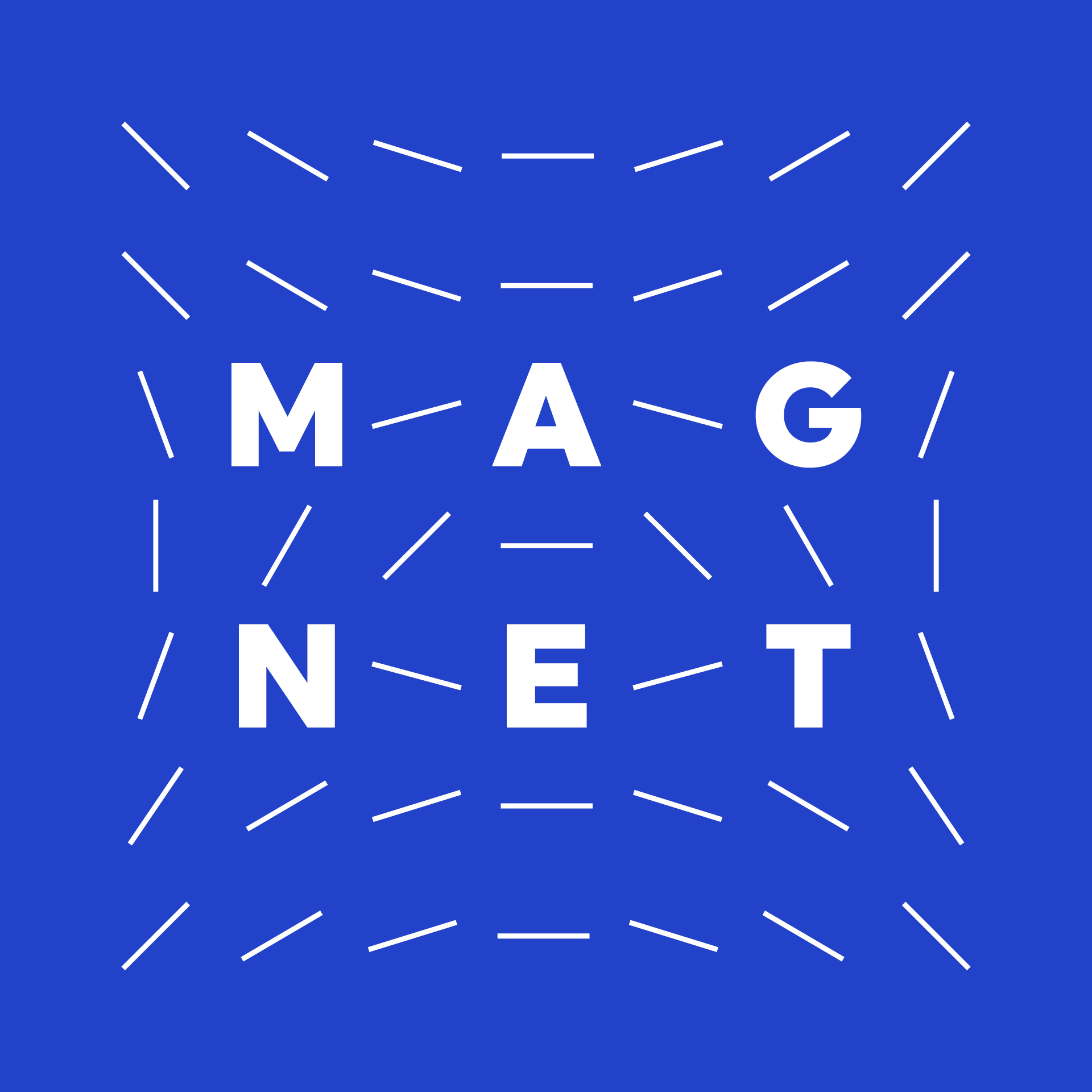
Call for Proposal
Duration
1. 12. 2024–31. 5. 2028
Total Eligible Costs
€ 5,641.200,40
Contact at IRI UL
Project Consortium
- Municipality of Celje (Slovenia)
- Municipality of Prebold (Slovenia)
- Institute for Innovation and Development of University of Ljubljana
- Poligon
- Institute for Economic Democracy
- Inkubator Savinjske regije
- Institute for spatial policies
- Nepremičnine Celje
- Youth center Celje
- ETRA
- Municipality of Varaždin (Croatia)
- Municipality of Nardò (Italy)
- City of Košice (Slovakia)
The MAG-NET project focuses on how cities can tackle social challenges and achieve change by involving users – the people who will benefit from these solutions – in their design and development.
The initial goal of the MAG-NET project is to reverse or halt the trend of young people leaving Celje and Prebold in search of education, employment, and living opportunities elsewhere. By implementing solutions addressing five current social challenges and establishing co-creation processes, we aim to demonstrate how user-centered solutions can be developed at the municipal level. These solutions will contribute to creating a more pleasant and attractive living environment for young people and other residents of these cities.
Through various activities, the project will enhance the living environment in the following five areas:
- housing accessibility,
- sustainable mobility,
- energy communities,
- city revitalization, and
- fostering the development of Industry 4.0 to create higher-value-added jobs.
The activities for designing solutions in these five areas will be based on the concept of an urban real-life learning lab (URLLL), which primarily involves creating an appropriate environment for the development of services and products. This process ensures the involvement of end-users – the people these services or products are designed for – from the initial planning stages to the final solutions.
As part of the project, the MAG-NET hub will also be established through a co-creation process of its functions. This includes two physical spaces (one in Celje and one in Prebold) that will be renovated during the project and then used to foster connections and collaboration among stakeholders of the so-called quadruple helix: educational institutions, businesses, municipal administrations, and civil society. The MAG-NET hub will also be supported by a new digital platform to facilitate collaboration and the planning of joint activities among these stakeholders.
Young people and other stakeholders will be actively involved in designing and developing urban solutions that will maintain and enhance the attractiveness of these cities in the long term.
The main aim of the MAG-NET project is not merely to develop solutions for the listed areas but to create a sustainable co-creation model that is transferable and applicable to other similar cities. This model will foster innovation and continuous collaboration with the local community.
At the Innovation and Development Institute of the University of Ljubljana, our involvement in the project primarily includes leading the work package for developing the plan and methodology for the urban real-life learning lab, as well as planning and analyzing fieldwork activities.


